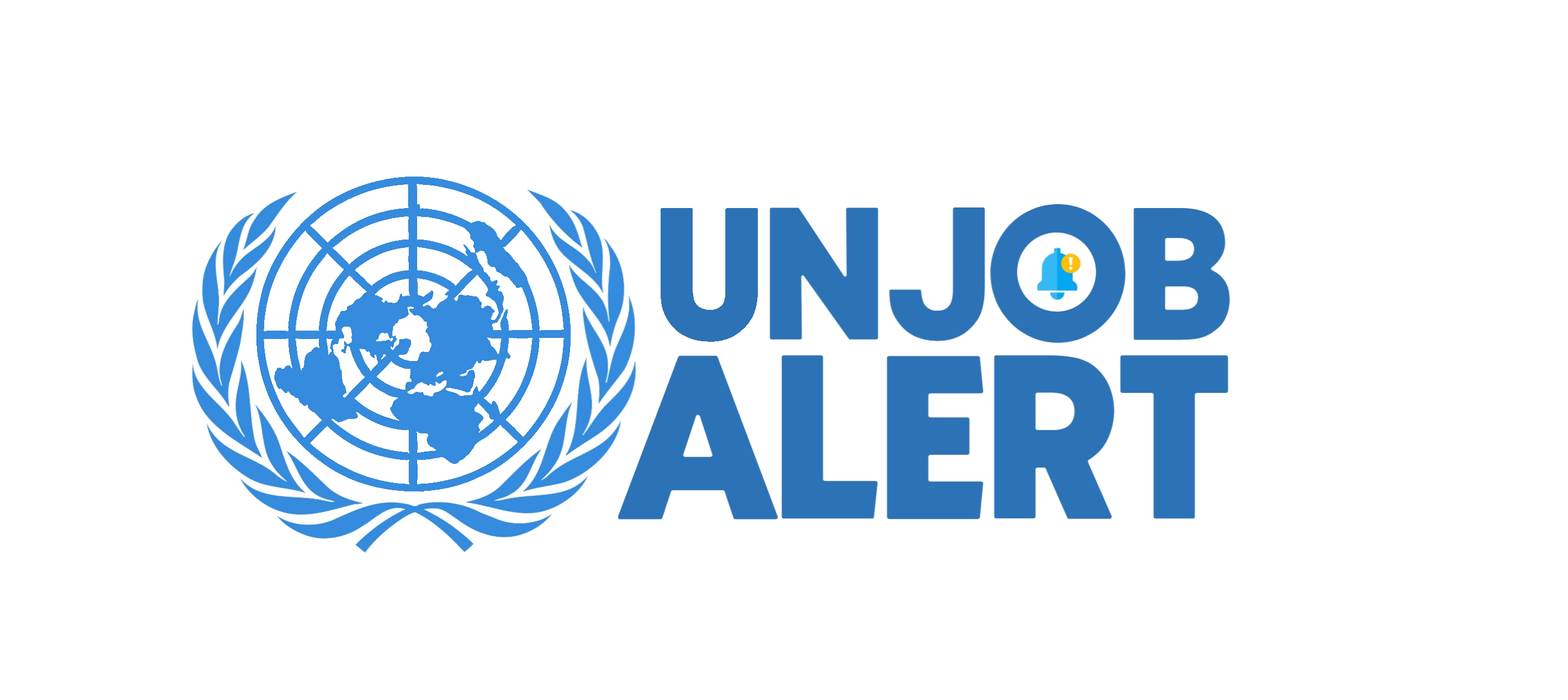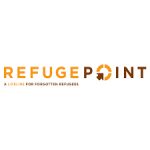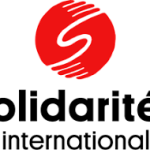Description
About Mercy Corps
Mercy Corps is a leading global organization powered by the belief that a better world is possible. Operating in Somalia since 2008, our mission is to build a peaceful and prosperous Somalia where all people feel secure, are economically empowered, and are meaningfully engaged. Our programs focus on humanitarian response and resilience, inclusive economic growth, enhancing trust and accountability between communities and their government, and improving youth livelihood opportunities.
Background
The Somalia Resilience Population Measurement (RPM) Activity is a five-year, USAID-funded project implemented by Mercy Corps in coordination with ACDI/VOCA. Launched in 2021, RPM aims to develop and lead a resilience measurement system to assess collective resilience outcomes at a population level and build the capacity of stakeholders to estimate individual contributions to these outcomes within the USAID Country Development Cooperation Strategy (CDCS) Focal Zone, encompassing Banadir, Southwest State, Hirshabelle State, and Jubaland State.
Scope of Work
We are seeking a qualified consultant to conduct primary data collection on urban resilience in the selected cities of Baidoa, Kismayo, Jowhar, and Mogadishu. The study aims to assess the current sensitivity of urban systems against critical components such as governance and institutional capacity, infrastructure and basic services, economic stability and market access, social cohesion and community networks, and environmental and ecosystem management.
Specific objectives
The urban resilience study aims to assess the current sensitivity of the urban system in selected cities against critical components urban resilience components such as governance and institutions capacity, infrastructure and basic services, economic stability and market access, social cohesion and community networks and environmental and ecosystem management. This is because all Somalia cities face hazards, be they man-made or natural. The study further aims to inform effective prevention and preparedness or risk reduction to support the entire urban areas prepare, adapt, absorb, and recover from hazards.
Consultants’ deliverables
The consultant will perform the following tasks. The consultant will be expected to deliver a comprehensive report covering the topic listed below
Context analysis
- Provides the overall picture of the urban areas by gathering contextual information on various topics that give the urban area its unique identity. Here the consultant will provide the urban area’s development narrative walking through its historical background and its spatial context, specifically in the aspects of climate, ecosystems, urban areas and physical assets. This should include an introduction to the urban area’s administrative structure, characteristics and strategies, highlighting those related to resilience and describing the urban area’s inhabitants through their composition, characteristics and dynamics, and outline basic information on the economy and livelihoods.
- Highlight the hazards and challenges that the urban area is facing or may face, including those attributed to climate change and humanitarian issues.
Local Governments and Stakeholders
- Define the roles and locations of the district council and the function of different public administration units including a detailed account of decentralization of functions.
- Exhaustive mapping of the stakeholders, covering all the areas and themes of interest from a resilience perspective. This will include analysis of public, private, civil society, academia, and other important stakeholders, including their responsibilities.
- Analyze the interactions between the stakeholders, in terms of power, interest and resources that need to be deployed to develop sustainable resilience strategies at urban area level.
Shocks, Stresses and Challenges
- Assesses the urban area’s vulnerability to stresses, shocks and future challenges, as well as the existence and performance of risk reduction measures and strategies aimed at decreasing the possible impacts of those threats at the urban scale.
Core components of urban resilience
- Collect data on all the core components of the proposed urban resilience framework for Somalia that frame the urban area such as institutional resilience, economic Resilience, infrastructural resilience, and social resilience**.**
Evidence-based recommendations for actions for resilience
- Conduct data analysis and interpretation to generate actions for resilience to provides a roadmap for local governments to initiate positive change through preventive actions based on verifiable evidence about stresses, shocks, challenges and long-standing issues and problems. The action should align with the urban area agenda – urban planning, rules and regulation, planning and design, financing urbanization and local implementation.
- Prepare a presentation of the findings to urban resilience stakeholders including outlining roles and responsibilities for the implementation of the action plans.
Assignment timeframe
This consultancy assignment will be conducted during February 2025 and March 2025. The consultancy will be undertaken in four selected urban areas i.e. 3 states capital (Baidoa, Kismayu and Jowhar) and capital city Mogadishu. This is because urban resilience differs across cities, with each having a distinct profile and characteristics. This will be the set timeframe for design and data collection, however if primary data is readily available, data collection can be completed in less than two months
Qualifications
- Master’s degree or equivalent experience in social sciences, research, or related fields.
- 8-10 years of experience conducting research for international development projects, with a focus on mixed-method research in resilience or related fields.
- Experience designing and implementing studies with vulnerable populations in fragile contexts, preferably in Sub-Saharan Africa.
- Strong analytical skills and attention to detail.
- Fluency in English; proficiency in Somali is an advantage
Please find the full Scope of work for Urban Resilience Primary Data Collection
How to apply
Application Instructions
Interested firms should submit:
- Technical Proposal (maximum 15 pages) including:
- Corporate capability statement.
- Proposed methodology and process for each phase of the scope of work.
- Resumes of key senior and mid-level technical staff/consultants.
- Financial Proposal detailing anticipated level of effort and daily rates per proposed staff member, per phase.
- Dully filled Supplier Information Form
- Mandatory Requirements:
- Certified copy of business registration.
- Certified copies of business licenses and tax registrations.
- Information on ownership structure.
- References from previous clients for similar assignments within Somalia.
Deadline
Applications should be submitted by 05:00PM EAT, 30th January 2025 to so-tender@mercycorps.org
Deadline for Questions 15th January 2025 and Answers will be sent by 20th January 2025



